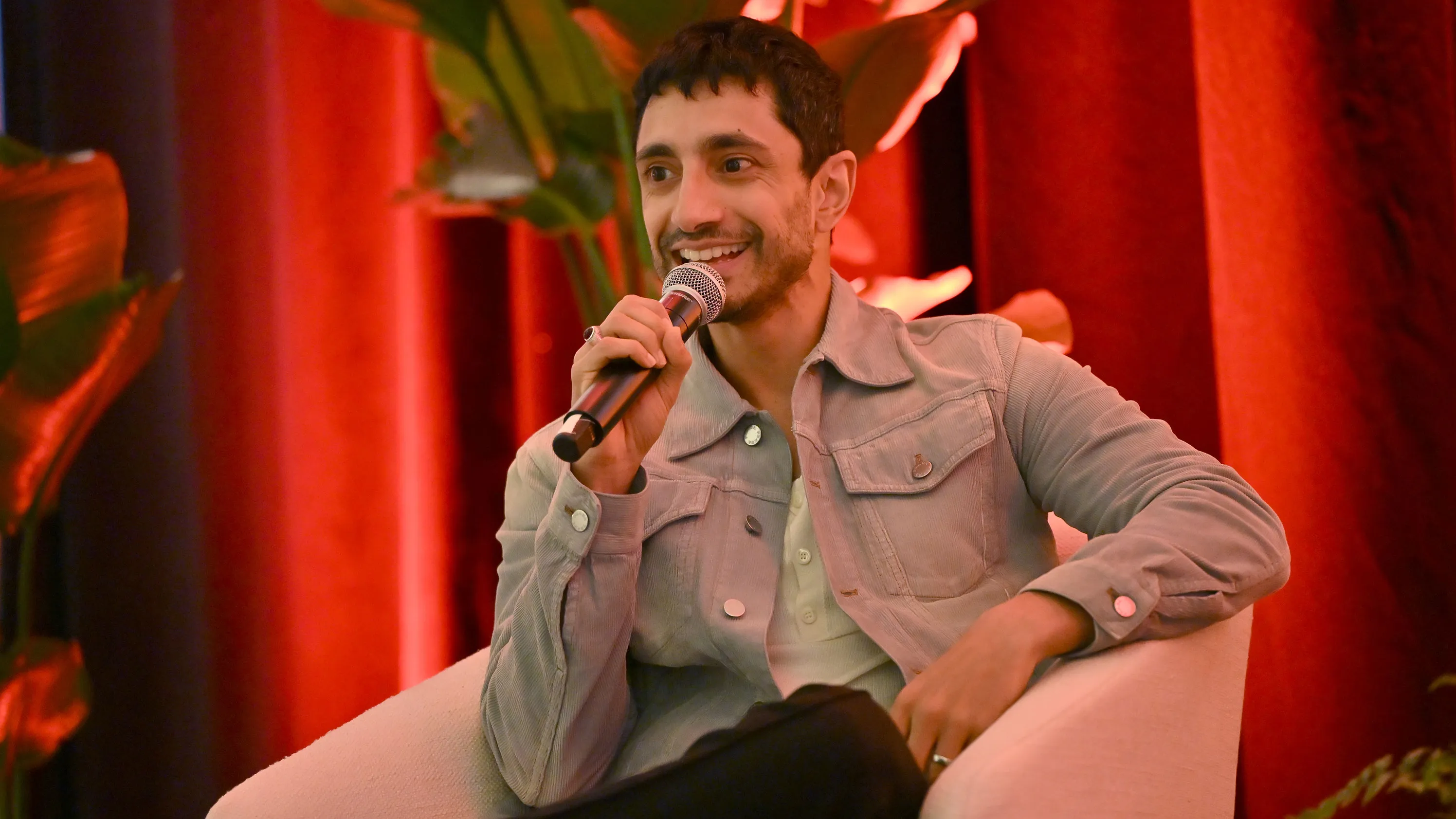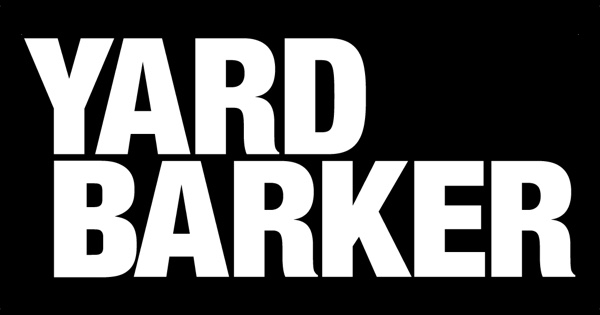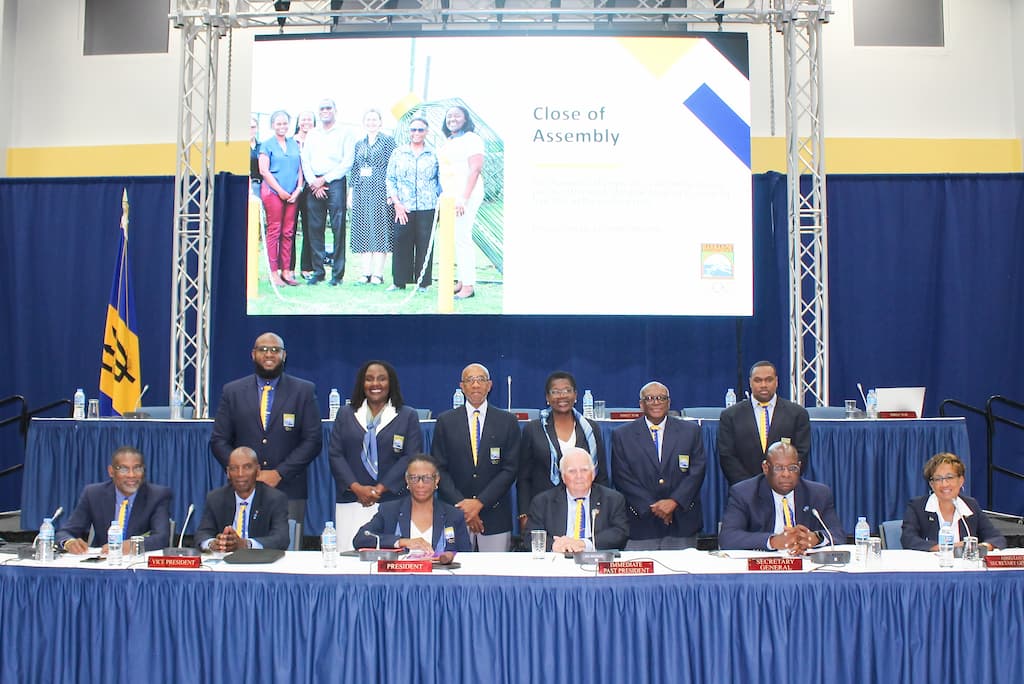By Rebecca Ford
Copyright vanityfair

But during a live Little Gold Men interview at the St. Regis Toronto, Ahmed admits that he’s wanted to make a modern telling of Hamlet since he was 16. “So joke’s on me in the end,” says the 42-year-old.
In high school, Ahmed gravitated toward Shakespeare’s story about a young man who discovers that his father was murdered by his uncle, because he felt a similar sort of angst about his place in the world. Although it took Ahmed decades to make the film, it finally happened at just the right time. After building up a successful acting career—starring in films like Nightcrawler, The Reluctant Fundamentalist, and Rogue One—Ahmed was nominated for an Oscar for The Sound of Metal and won an Emmy for the HBO miniseries The Night Of. He also began producing and won an Oscar in 2022 for the short The Long Goodbye, which he made with director Aneil Karia.
As Ahmed tells Little Gold Men during their chat at the Toronto Film Festival, Karia would be the final piece of his Hamlet adaptation. Their film is raw and full of torment, centered on a wealthy British South Asian family and anchored by Ahmed’s bold and unrelenting portrayal of Hamlet. Listen or read on below to find out why the adaptation was such a “labor of love” for Ahmed, what he cherishes about making independent films, and how becoming a father affected his performance.
Vanity Fair: When did you first get the idea to make a modern version of Hamlet?
Riz Ahmed: As a teenager, like a lot of us do at that time, I was going through a very rough, raw, kind of turbulent patch in my life. I had this incredible teacher who took me under his wing and gave me this play. I found this character that was feeling kind of how I was feeling at the time because, at its heart, Hamlet is about a character who’s grieving. He’s grieving his father. I think that means two things: He’s grieving the way he thought the world was, and coming into contact with actually how unfair it is. And that’s how I felt at that time.
The other thing he’s grieving is having any kind of clear roadmap about how to be a man. I was in a kind of crisis of masculinity, and I feel like those two things that drew me to the play then are just as resonant, if not more so, right now. We are all grieving. The world is so messed up, and we feel powerless in the face of it. We feel gaslit about it, and we feel complicit in it. And that’s Hamlet, you know?
You called it a “labor of love” at Telluride. What took so long to get it made?
When I say a labor of love, what that means is no one was paying us to do it. Our incredible writer, Mike Lesslie, I went to university with him, and we did a Shakespeare tour of Japan. Five years later, I said, “Hey man, do you wanna meet up?” We worked on it for a long time. I think the reason it didn’t happen is because we couldn’t quite crack it. We loved and revered the play too much. We were radical with it, but we couldn’t be as radical as Aneil Karia, our director, could be because he came in and said, “Well, I don’t like Shakespeare. Shakespeare is not for me.” And I said, “Great. We want to make something for people who feel like they’re on the outside of the establishment, who are outside of Shakespeare.”
What didn’t he like about it?
He just felt like a lot of us do, that it’s just really stuffy and intellectual. And it’s kind of been kidnapped by the establishment. We didn’t want to do a version of Hamlet that’s performed—we wanted to do a version that’s experienced. He saw the script, he said, “I see what this is. This is a propulsive thriller.” And he just got rid of every scene that Hamlet isn’t in. I was like, Are you sure? It required his outside eye to come in and be even more radical than we were trying to be.
The story is set in London and centers on this British South Asian family, which allowed for a real cultural specificity. Can you talk about that decision?
I’m playing Hamlet; probably my parents would also be South Asian. It was just as basic as that. But when you start doing things like that, it opens up all these other realizations about how universal this story is in ways you wouldn’t expect. When I was in high school, what I didn’t expect was to find so many story points in Shakespeare’s Hamlet that were true to my lived experience as a British South Asian. So, for example, Hamlet can’t marry Ophelia; she’s from the wrong family. I’ve heard that. People I’ve grown up with have had that presented to them. Then, your dad’s spirit has come to see you, and he’s pissed. The spiritual realm is real and tangible to us in our community. And most interestingly, there’s actually a cultural tradition in the South Asian communities where if your brother dies and you are unmarried, you marry your sister-in-law to protect the orphans. I’ve grown up with someone who’s had to do that after his brother died in a car crash. So I was like, “Man, this belongs to me. This belongs to all of us.”
You make a lot of independent films. Is that a space you feel more comfortable in?
As an actor, you think about those things in a very secondary way. I feel lucky to be able to do a range of different kinds of things. There’s something crazy about the intimacy and the carnage and the chaos of working in the indie world. There’s something magical about “we are losing the light, we will definitely not have the budget for reshoots—you get one take at this soliloquy.” Stuff like that creates a kind of urgency and a magic to it. Sometimes, when you know you can come back again and again and again, there’s not as much pressure.
What keeps you optimistic or excited about movie-making in Hollywood today?
It feels more global than ever. Seeing Ed Berger’s film [All Quiet on the Western Front] go, seeing Parasite go. I just saw Jafar Panahi’s movie [It Was Just an Accident]. Pure cinema. We are living in a world now where that could go for best picture. I hope it does. You know, there’s something interesting about that: people were scared of subtitles. Now it’s like, I watch everything with subtitles. The global nature of it, the barriers being broken down, the way we can take a window into other people’s worlds without feeling that distance—that is the most exciting thing to me.
What’s been your favorite character to play so far?
I mean this in the nicest possible way, but on some level, you hate playing all of them. I feel like every character you play ideally is like, “I dunno what I’m doing.” And so working out that mess from the inside, generally, I wouldn’t say it’s like a hilariously fun experience. I feel like it’s addictive and it’s obsessive and it’s a rabbit hole that you go down. But it’s weird. I don’t feel like I’m loving it as I’m doing it.
There’s the other thing I find: This is the mystical power of story. Always, something happens in your life that hits you like a car in the middle of filming. The thing that you think is the obstacle is actually the key. And for filming Hamlet, I’d just become a father. I was not sleeping at all. Aniel had just had a kid as well. We lost our goddamn minds. Looking back, that’s what unlocked the madness. You just see me fucking losing it. That’s not acting—that’s sleep deprivation. Where I look back and I go, “Wow, who was I to think I could tell a story about fatherhood and not have to experience the reality of fatherhood?”



